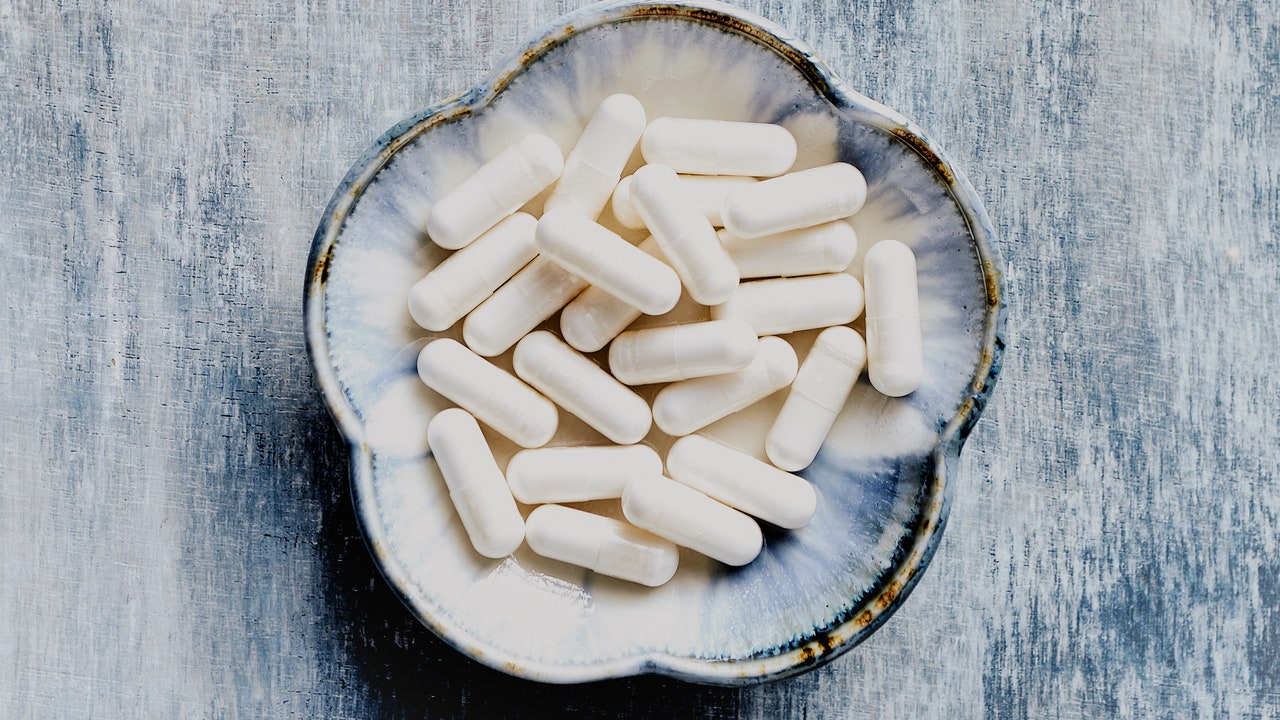One of the many fascinating things about green tea is that it contains a special dual power: It makes you feel alert and energetic, yet also calm and relaxed at the same time.
This special power comes from a specific amino acid called theanine, also known as L-theanine. And it’s not just unique to green tea; the substance is also naturally found in white tea, black tea, and matcha—which, of course, all come from the same Camellia sinensis plant—as well as certain types of mushrooms, including porcini.
But what exactly is L-theanine and why is it suddenly, seemingly everywhere? Here, a look at some of the benefits of L-theanine for the body, mind, and more.
What is L-theanine?
“L-theanine is a non-protein amino acid most commonly found in green tea,” explains Dr. Nima Alamdari, PhD, an expert in sports science, exercise physiology, muscle metabolism, and nutrition and the chief scientific officer at Ritual. “It’s often credited for the calming effect of tea even when caffeine is in the mix—a paradox that’s led scientists to take a closer look at how it affects the brain.”
L-theanine is not naturally produced in our bodies, and therefore must be taken via drinks, food, or supplements.
What does L-theanine do?
Though L-theanine doesn’t help build protein, it still serves an important function in our bodies. Most interestingly, it helps supports what Alamdari calls a “calm but clear” mental state.
“Unlike sedatives, L-theanine doesn’t seem to dull the senses,” he explains. “It appears to do this by influencing key brain chemicals linked to mood and relaxation, while also increasing alpha brain wave activity—the kind associated with a quiet, focused mind.”
L-theanine may impact the production of serotonin and dopamine, the hormones affect the quality of our mood and emotions. It may also affect our levels of the stress hormone cortisol. This is why, as Alamdari puts it, “L-theanine is most commonly used to manage short-term stress—especially those moments when your thoughts are racing or your body feels physically tense.”
To that end, L-theanine can be especially useful for those who study or work in environments that requires intense concentration: In fact, a study published in National Library of Medicine reveals that those who took 100 mg of L-theanine per day made fewer mistakes than those who do not take it while doing a task that required prolonged attention.
Read the full article here




